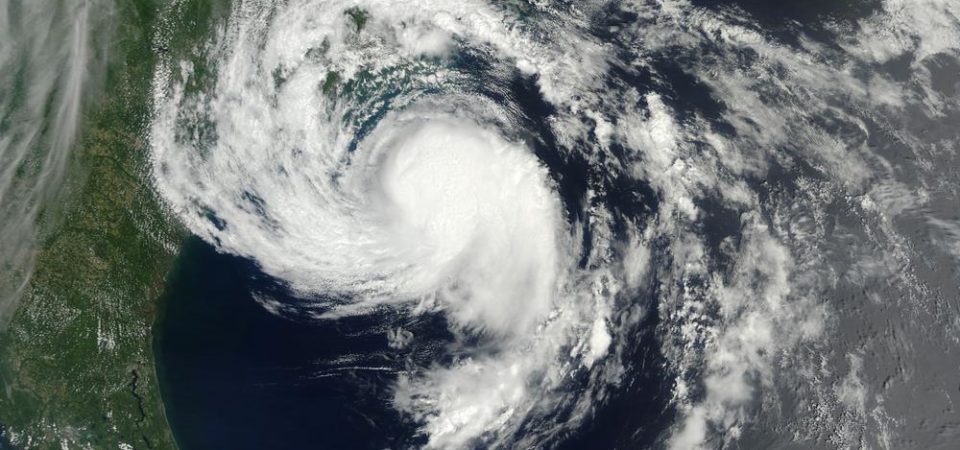On Wednesday November 28th, Andrew Wheeler, head of the Environmental Protection Agency, made a public comment stating:
“The drafting of this report was drafted at the direction of the Obama administration. And I don’t know this for a fact — I wouldn’t be surprised if the Obama administration told the report’s authors to take a look at the worst-case scenario for this report.”
John Holdren (Former Science Advisor to President Obama and Director, White House Office of Science and Technology Policy) was asked if he or any other Obama officials gave such an instruction to scientist.
You may read Professor Holdren’s response below.
Mr. Wheeler’s insinuation is absolutely false. If he really said “The drafting of this was drafted…”, he is ungrammatical as well as uninformed. The production of the report was directed by the Global Change Research Act passed by Congress in 1990 and signed into law by Republican President George H. W. Bush, which stated that these national assessments of climate-change impacts on the United States were to be issued every four years. The responsible body is the U.S. Global Change Research Program (USGCRP), which sits under the National Science and Technology Council, reporting to the White House through the Office of Science and Technology Policy (OSTP).
The third NCA was completed in May 2014 (the first two having taken 10 years and 9 years, respectively, rather than the statutory four), on my watch as Director of OSTP and Assistant to the President for Science and Technology. As was my responsibility as the White House overseer of the USGCRP, and in conjunction with the Administrator of NOAA (which serves as the lead agency for NCAs among the 13 agencies making up the USGCRP), I launched NCA4 shortly thereafter. My only instruction was that the USGCRP should continue the distinguished tradition of the first three by drawing on the most current peer-reviewed science to illuminate what climate change is doing and is projected to do across the geographic regions and economic and ecological underpinnings of well-being in the United States.
Both the update on the state of knowledge in climate science (volume 1, released last year) and the second volume( just released) looked at the full range of plausible emission scenarios, from very low to very high. Professor Katharine Hayhoe, who was the lead author of the scenarios chapter, has repeatedly confirmed this fact since the preposterous notion about looking only at the high-end extreme was first raised by President Trump and others.
I should add that the contributing authors of the report were not picked by me but the leadership of the 13 agencies in the USGCRP. And the drafts were reviewed up the chain in every one of those agencies, which of course include the EPA as well as the DOE, NOAA, NASA, and NSF. Both volumes were also reviewed in draft by the National Academy of Sciences, the constructive suggestions from which improved the final report.
Assertions by high officials of the Trump administration that these are “worst case” reports are nothing more than a flimsy attempt to discredit the careful and comprehensive work of some of the best climate scientists in the country, inside and outside of government. The Trumpies evidently are (and ought to be) deeply embarrassed by the massive disconnect between what the science is telling us and what Trump and his minions purport to believe.
My best,
John
John P. Holdren
Teresa and John Heinz Professor of Environmental Policy, John F. Kennedy School of Government;
Professor of Environmental Science and Policy, Department of Earth and Planetary Sciences;
Faculty Affiliate, Paulson School of Engineering and Applied Science
HARVARD UNIVERSITY
President Emeritus and Senior Advisor to the President
WOODS HOLE RESEARCH CENTER
Former Science Advisor to President Obama and Director, White House Office of Science and Technology Policy (January 2009 – January 2017)
The views and opinions expressed through the MAHB Website are those of the contributing authors and do not necessarily reflect an official position of the MAHB. The MAHB aims to share a range of perspectives and welcomes the discussions that they prompt.
